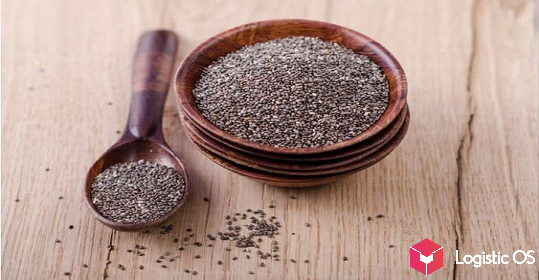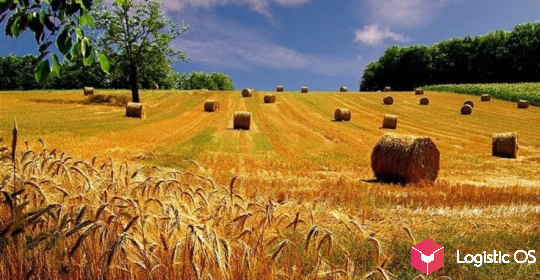From July 1, the Turkish Ministry of Transport decided to increase the fee for passage through the Bosphorus and the Dardanelles by 8%.
It is noted that now the passage will cost approximately $4.42 per ton, while now it costs $4.08.
It is important that the new increase, although relatively small, is not the first.
In the fall, Turkey has already raised the fee, and very sharply: from $0.8 to $4.8, that is, 5 times.
Taking into account the new increase, it will be possible to say that in just a year the price has grown by 5.5 times.
At the same time, Türkiye does not promise that this increase will be the last one. As noted by local officials, now there will most likely not be a fixed rate for passage through the straits, but instead it will be “floating”, which opens up wide opportunities for increase.
There is only hope that Turkey plans to do this in a “civilized” way: it is assumed that the rates will change once a year, in June-July.
Most likely, the main reason for the increase in fees for passage through the straits is Turkey’s desire to increase budget revenues.
After the tariffs were increased by 5.5 times, it can be expected that the Turkish treasury will be replenished with $900 million this year instead of $160-170 million a year earlier.
This money, of course, will not be superfluous: for example, the country needs to somehow recover after a large-scale earthquake, and the situation in the economy is difficult.
Will Russian exports suffer from Turkey’s actions?
Raising rates by 5.5 times is quite serious.
For example, now for the passage of a medium tanker through the strait, you will have to pay an amount that is equal to the 5-day cost of its freight.
Such changes hit hard on the pockets of exporters, and ultimately buyers.
At the same time, Russia is among those countries that will have to pay Turkey especially large amounts of money.
After all, after Western countries imposed sanctions, a significant part of exports shifted towards the southern ports.
For example, during the year, the volume of grain exports through the ports of the Azov-Black Sea basin increased by 2.2 times, fertilizers by 2.4 times, and oil by 12%.
At the same time, Russia now hardly has any alternatives in order to pay Turkey large fees for passage through the straits, because once again it will hardly be possible to immediately rebuild the structure of exports: a significant part of Russian tankers now go through Turkish ports.
At the same time, in the long term, Russia will need to diversify its logistics: first of all, focusing on the development of Far Eastern ports and rail logistics in that direction.

